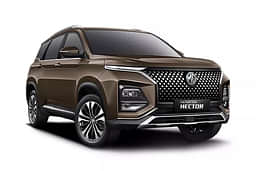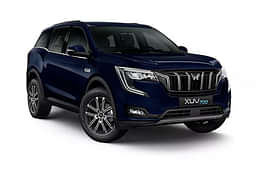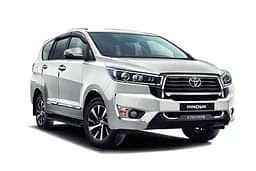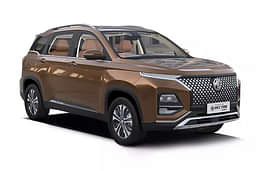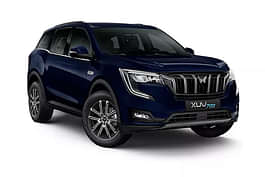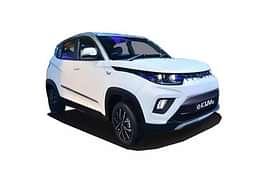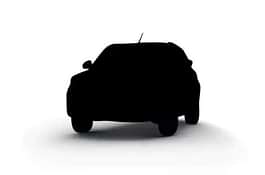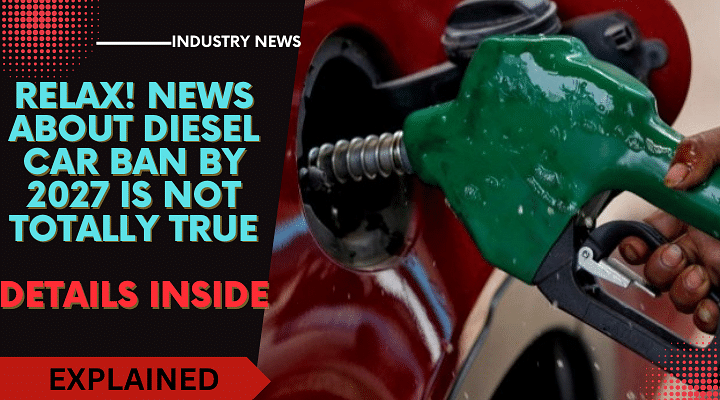
- Diesel car ban still in the proposal stages and not in effect
- Yet to be accepted by the Government
- More deliberations with stakeholders to assess the viability
- Read below, what to expect regarding a complete diesel ban
What recently jostled buyers and manufacturers alike is the news of the diesel car ban. It came to light that a government panel proposed banning diesel cars and other four-wheelers by 2027 in cities with populations over a million. While this is easier said than done, it created chaos all around. A lot of rumor mills started doing rounds. What will happen to the big SUVs like the Toyota Fortuner, and Mahindra Scorpio N, where diesel is the lifeline? But you can relax as this might not turn into a reality any time sooner.
Recently, Petroleum Ministry cleared the air over this news via Twitter. Let's see what it is all about.
Diesel Car Ban Proposal Yet To Be Accepted

Since rumours were spreading, Petroleum Ministry tweeted on Tuesday to clear the air. It disclosed that the proposal is put forward by a panel set up by the government to curb emissions and is futuristic. This is still in discussion and has not yet been accepted. It wrote " India is committed to net zero by 2070. ETAC has made wide-ranging and forward-looking recommendations for the shift to low-carbon energy. ETAC has a futuristic outlook."
However, the ministry said that it will hold discussions with different stakeholders, including states, car manufacturers, and more. After this, the decision to implement a ban on diesel cars will be taken. So, the news that the diesel car ban is now in effect has no base and you can relax for now. The ban is not implemented and is still just a recommendation by a panel. However, in the future, this will at some point will be a reality.
Challenges With A Complete Diesel Ban
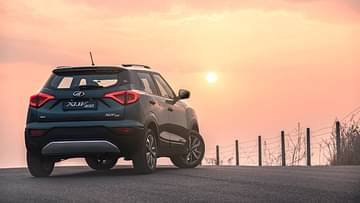
Also, Read- 2023 Citroen C3 Aircross In Electric Avatar Spied Testing. Read Details
Almost 40% of the fossil fuel in India is diesel and the whole transportation system depends on it. Be it freight-carrying lorries, tractors, buses, and the big-size SUVs. A complete ban by 2027 is highly unlikely. While all the economic sectors suffer, the auto industry is worried too. They are putting forward their point of view about the recent upgrades to the diesel engines to meet current emission norms as well. So, the heavy expenditure on Research and Development, plus the modifications to the existing engines will go to waste. On top of this, they have already complied with all the BS6 Phase 2 norms. A complete diesel four-wheelers ban will result in heavy losses.
Another proposal suggests that no more diesel buses be inducted starting in 2024 onwards. By the end of this decade, only buses that are 100% electric be allowed to ply on roads. Considering the mass scale at which local transport operates, this one seems far as well.
Although it will result in greener mobility by reducing the carbon footprint, and is a welcome move, but will take its sweet time to turn into reality.
VERDICT
While diesel completely phasing out is not a hoax, it still has some life left in it. It will ultimately be put to rest, at least from the small cars segment as the Maruti Suzuki did back in 2020. But a complete ban by 2027 is highly unlikely, given the sheer size of issues to be resolved at hand, in a country that hosts the largest population in the world. This will provide a sigh of relief to the buyers as well as the industry for now, but we must gear up for some major changes somewhere down the line. Also, If you are someone with a passion for engines mounted on wheels, you must join our Whatsapp Group Community of petrolheads to find out more exciting stuff about the Auto world.
Also, Read- This Is How Your Next-Gen 2024 Toyota Fortuner Will Look Like -Pics Leaked
Don't miss our Range Challenge Test on the MG Comet




